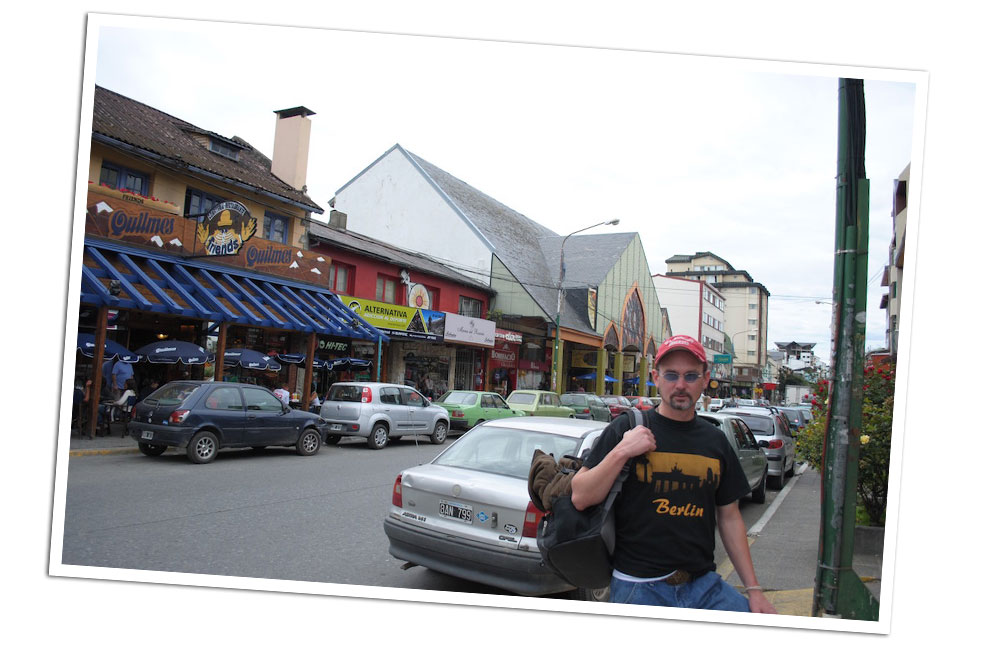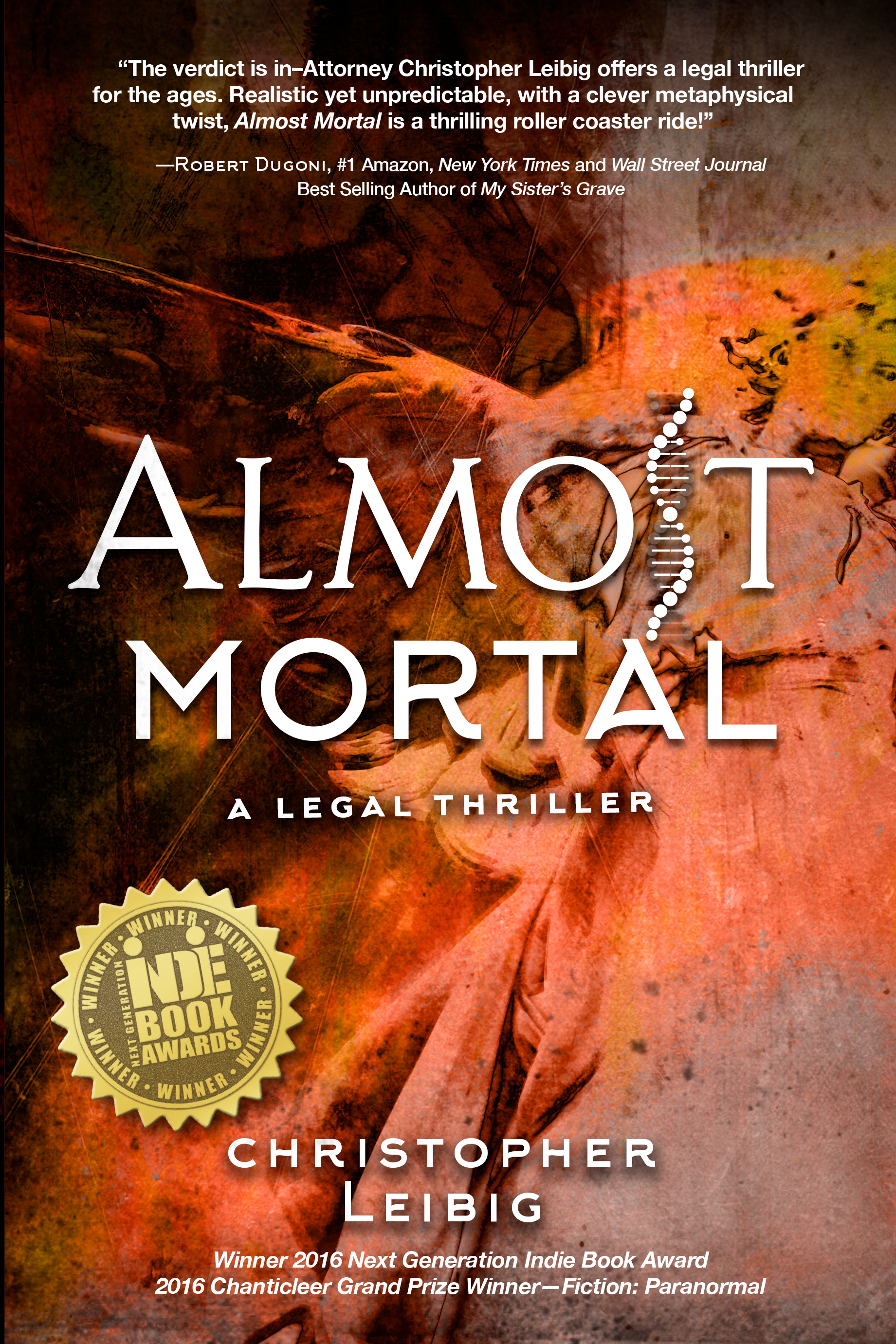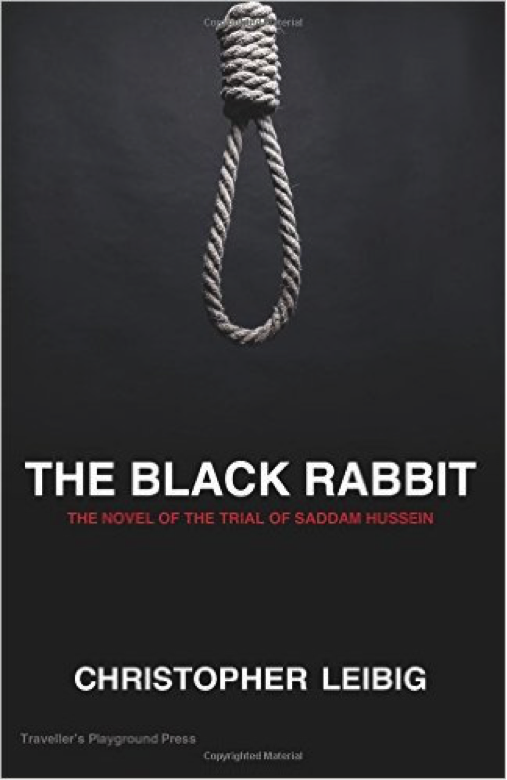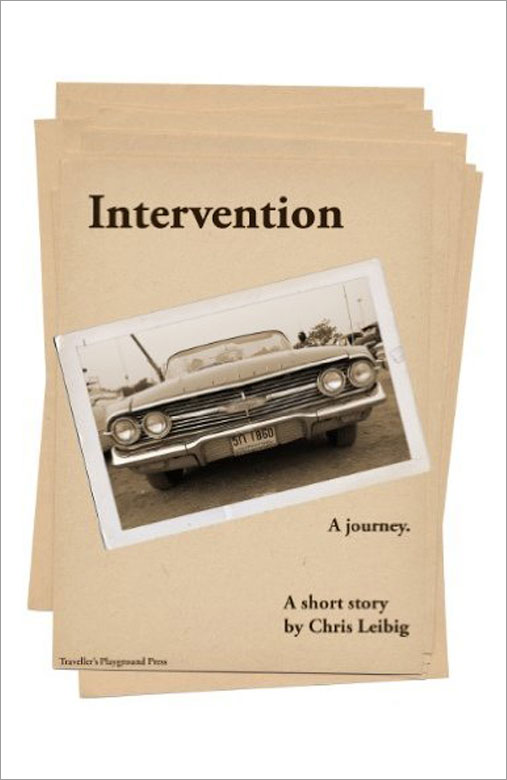After a summer clerking at a public defender’s office during law school in 1994, I knew I wanted to be a criminal defense attorney. At first I was shocked by the factory-like process by which fellow citizens could lose their freedom if no one aggressively stood in the way. Or even when someone did. The human stories also attracted me – the too often ignored reality of how things come to be one versus another. I’ve been practicing criminal defense ever since – most often serious felony cases in Virginia and in Washington, D.C. Throughout this time I’ve always written stories, usually half-finished, unread versions that would sit hidden on a laptop. But it took me years to understand how a complete story even works. What I have learned is that a story works much like a court case. Both involve a narrative. Both have characters in various roles. Both are supposed to end in a way that makes sense – satisfying or not. Both often fail. But in both law and fiction, the narrative arc, whether one likes it, hates it, or is merely bored by it, must be there.
From the author:

The difference between law and fiction is not that law is true and fiction false. Truth is often as hard to find in a courtroom as anywhere else. The real difference is that law must pretend life is simple. Thieves are greedy. Murderers, evil. Some are righteous. Others, sinners. Simple is good. Complicated, bad. The law may sometimes care about what happened, but the legal process would shut down if it had to figure out the whole truth behind why. No matter how complex a narrative, the law must reduce it to a few words.
Fiction, while by its definition invented, need not tell that lie. In fiction the devil is everywhere. And everyone has their story.
Biography

Christopher Leibig is a novelist and criminal defense lawyer who lives and works in Alexandria, Virginia. His first two published books, Saving Saddam (a 2008 novel about the trial of Saddam Hussein) and Montanamo (a 2010 novel about Guantanamo Bay detainees being housed in a small Montana town’s prison) were published by Artnik Books in London. Saving Saddam was re-released in 2014 under its original American title, The Black Rabbit. Chris also has several published short stories – Secret Admirer (The Cynic on-line magazine 2004) Coldcocked (Skyline magazine 2004), Fly (The Cynic on-line magazine 2009), Intervention (Traveller’s Playground Press 2014), and Paradise City (Traveller’s Playground Press 2014). The Black Rabbit, Montanamo, Intervention, and Paradise City are also available on audiobook by Audible.
Chris’s law firm, the Law Office of Christopher Leibig, represents individuals charged with or being investigated for serious criminal offenses throughout Virginia and in Washington. DC. His firm has received numerous awards and recognitions, including inclusion in Washingtonian Magazine’s Top Lawyers in Criminal Defense every year since 2011. Chris has also published numerous articles on criminal defense and related politics – including in the Huffington Post and The Examiner – and appeared as a legal expert regularly since 2009 in print and television media – including Fox News, CNN, The Washington Post, The New York Times, and Sports Illustrated. In recent years Chris has regularly handled high profile criminal cases in the DC area and travelled abroad to speak to law schools. Since 2012, Chris and his colleagues have lectured on criminal defense throughout Virginia, and in Scotland, Ireland, Trinidad, The Bahamas, Jamaica, and Denmark.
More information about Chris can be found at www.chrisleibiglaw.com






